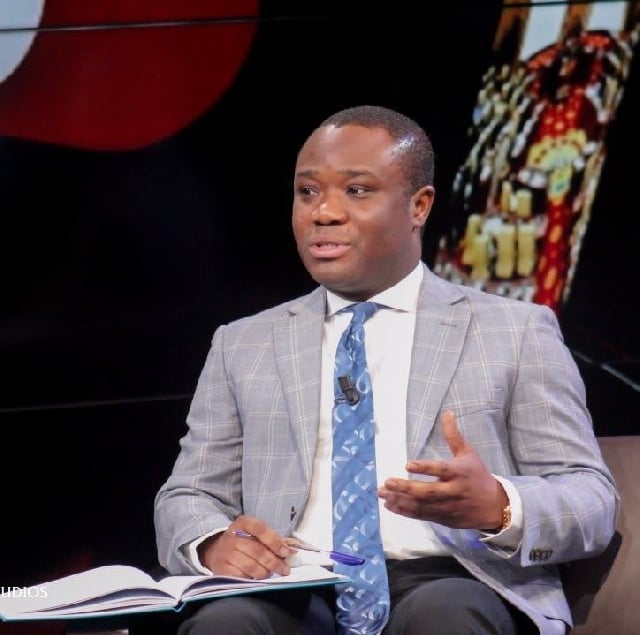The Ghanaian political landscape is currently embroiled in a debate surrounding government size and expenditure, with the Mahama administration defending its commitment to a leaner government structure. Minister of State for Government Communications, Felix Ofosu Kwakye, addressed Parliament, emphasizing the administration’s dedication to fiscal responsibility through a significant reduction in ministerial appointments. He contrasted the current administration’s target of 60 ministers with the previous government’s roster of 123 to 125 ministers, and further highlighted the stark difference with the 337 political appointees under former President Akufo-Addo. This reduction, according to Mr. Kwakye, signifies a prioritization of efficiency and cost-saving measures, crucial for the nation’s financial health.
Central to the government’s argument is the considerable financial relief achieved by reducing the number of ministerial positions. Mr. Kwakye illustrated the tangible savings, citing the reduction in expenditures associated with official vehicles (Land Cruisers and salon cars), housing (bungalows), and support staff (political aides and research assistants). This downsizing, he argued, translates directly into substantial savings for the national budget, allowing resources to be allocated to other critical areas. He further underscored the administration’s commitment by revealing that the actual number of ministers currently in office is even lower than the initially promised 60, standing at 56, with only 42 actively governing due to the pending approval of deputy ministers. This, according to the government, demonstrates a genuine commitment to streamlining the government and optimizing resource utilization.
Despite the government’s assertions, the opposition has raised concerns, challenging the narrative of a truly lean government. Samuel Abu Jinapor, former Minister for Lands and Natural Resources, acknowledged the reduction in ministerial appointments but countered with allegations of a significant increase in presidential staffers at the Jubilee House. This, he argued, negates the cost-saving benefits of reducing ministerial positions, suggesting a mere shifting of personnel and resources rather than genuine downsizing. Mr. Jinapor’s critique highlights a fundamental disagreement on the definition of a “lean government,” focusing on the overall size of the presidential apparatus rather than solely on the number of ministers.
The parliamentary debate reflects a broader national conversation regarding the optimal size and structure of government. The Mahama administration portrays its actions as a deliberate effort to improve efficiency and reduce the financial burden on the state. By reducing ministerial positions, they claim to be eliminating unnecessary bureaucracy and redirecting resources towards more impactful initiatives. This, they argue, is a responsible approach to governance, ensuring both effective service delivery and prudent fiscal management. They emphasize that the significant reduction from the previous administration’s numbers demonstrates a clear commitment to a more streamlined and cost-effective government.
Conversely, the opposition’s perspective centers on the overall expenditure of the presidency, including the number of presidential staffers. Their argument suggests that simply reducing ministerial appointments while simultaneously expanding the presidential staff merely redistributes the burden rather than alleviating it. This perspective raises questions about the true commitment to reducing government size and expenditure, suggesting a potential for increased influence and control concentrated within the presidency. The debate highlights the ongoing tension between the need for a functional and effective government and the imperative to minimize costs and maximize resource allocation for the benefit of the citizenry.
Ultimately, the disagreement hinges on differing interpretations of what constitutes a lean and efficient government. The Mahama administration emphasizes the reduction in ministerial appointments as a significant cost-saving measure and a step towards a more streamlined government structure. The opposition, however, contends that the focus should be on the overall size of the presidential apparatus, arguing that an increase in presidential staffers offsets any savings achieved through ministerial reductions. This ongoing debate underscores the complex considerations involved in balancing the demands of effective governance with the need for fiscal prudence, a challenge that continues to shape the political discourse in Ghana.














